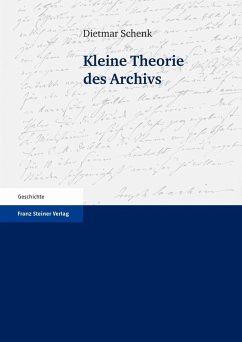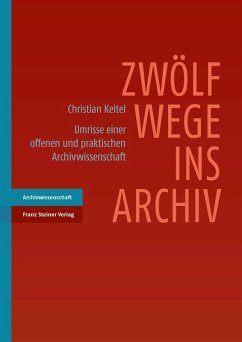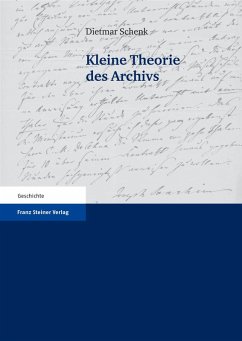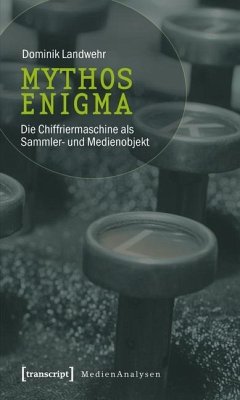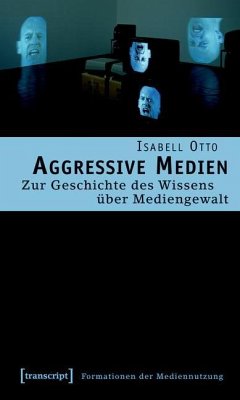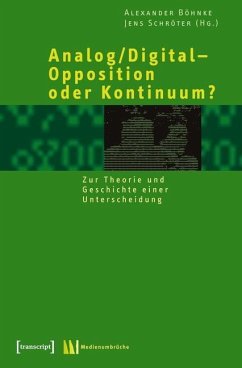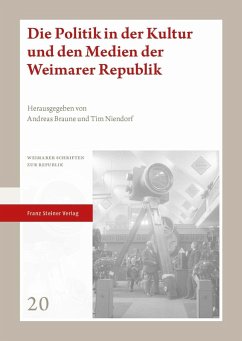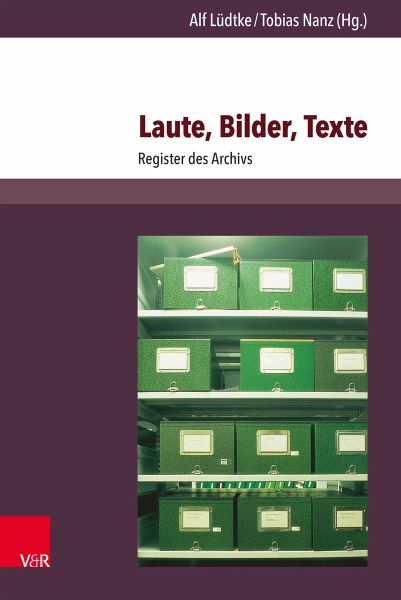
Laute, Bilder, Texte (eBook, PDF)
Register des Archivs
Redaktion: Lüdtke, Alf; Nanz, Tobias

PAYBACK Punkte
0 °P sammeln!
The essays of this volume explore multiple features of the archive. As case studies they show the retrieval and usage of different materials and traces. Thus, the scope of the contributions ranges from contextualizing voice recordings of captured British colonial soldiers of WWI (B. Lange) to the participant observation of video testimonies and their transnational traffic in Morrocan migrants' settings in the early 2000s (A. Dreschke / M. Zillinger).Other contributions examine the archival dimension of specific materials. The essay of W. Hesse concentrates on photographs collected by the Germa...
The essays of this volume explore multiple features of the archive. As case studies they show the retrieval and usage of different materials and traces. Thus, the scope of the contributions ranges from contextualizing voice recordings of captured British colonial soldiers of WWI (B. Lange) to the participant observation of video testimonies and their transnational traffic in Morrocan migrants' settings in the early 2000s (A. Dreschke / M. Zillinger).Other contributions examine the archival dimension of specific materials. The essay of W. Hesse concentrates on photographs collected by the German labour movements of the 1920s; the author reveals these images as treasure troves for the study of politics in people's everyday-life. T. Ebner shows literary texts as archival repositories situating their plot in colonial East-Africa of the 1930s. Similarly, T. Ebbrecht-Hartmann discusses films made in then-Palestine or early Israel as archives of contested narratives and iconographies of the struggle for Israel. Finally, C. Hamilton questions distinction of 'colonial' versus 'indigenous' (or 'subaltern') archives, drawing on the South African experience since the apartheid-regime was abolished in 1994. Hamilton argues for a new focus on the actual practices of archivists as of archive users.
Dieser Download kann aus rechtlichen Gründen nur mit Rechnungsadresse in A, B, BG, CY, CZ, D, DK, EW, E, FIN, F, GR, H, IRL, I, LT, L, LR, M, NL, PL, P, R, S, SLO, SK ausgeliefert werden.




